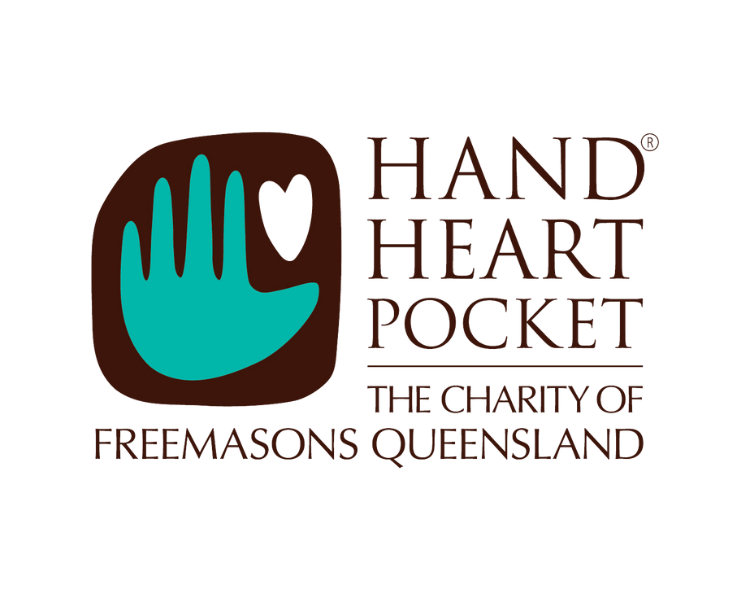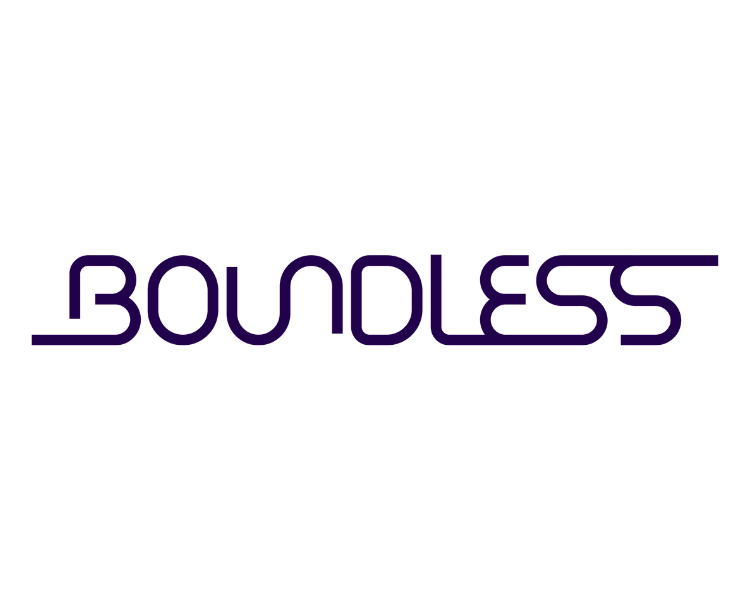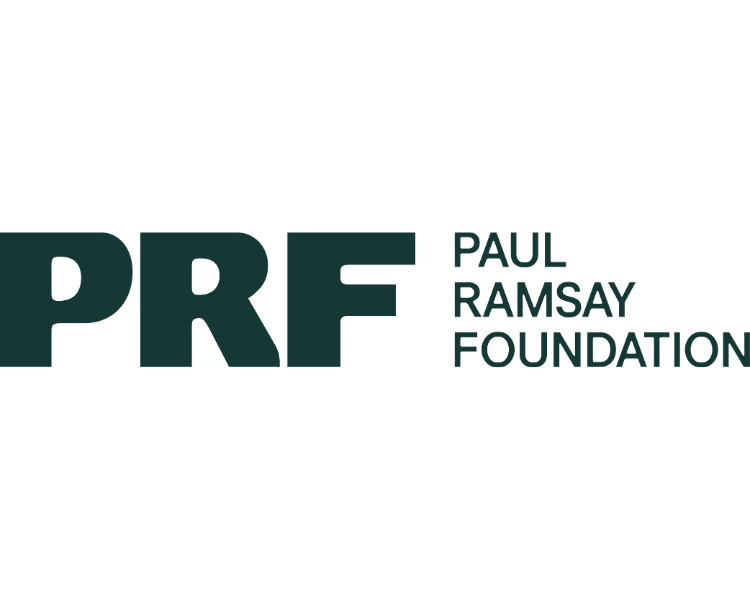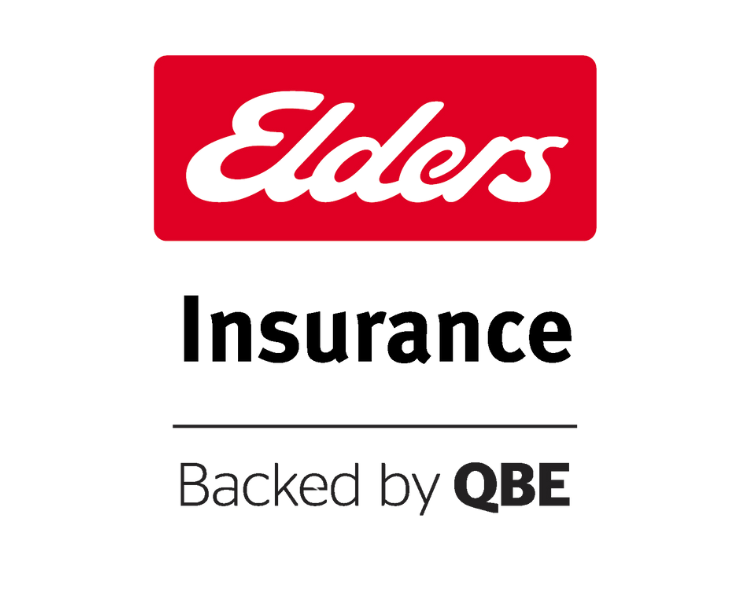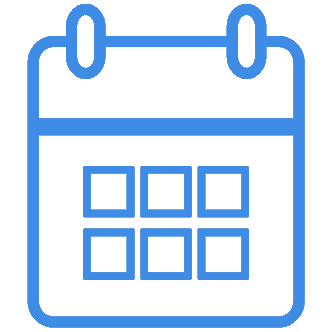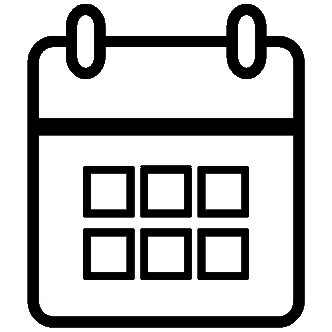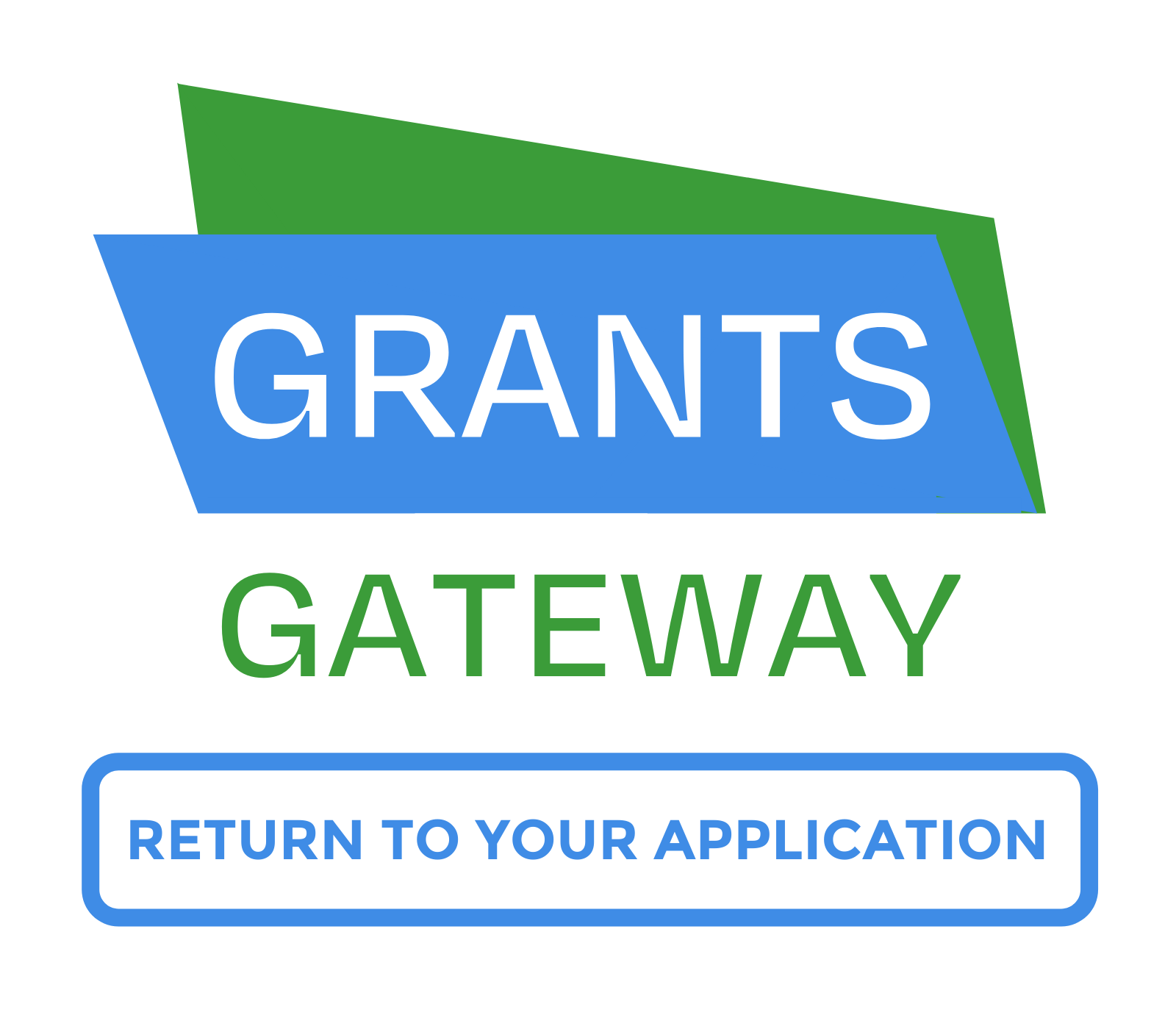Community Led Climate Solutions
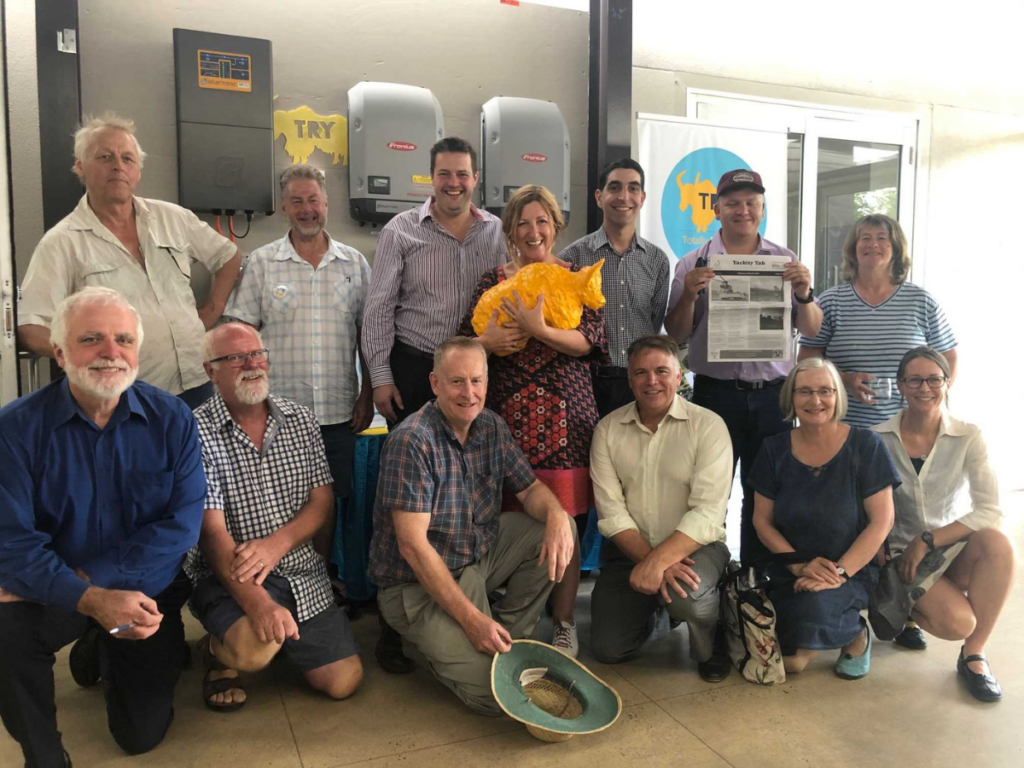
The Community Led Climate Solutions Grant Program supports not-for-profit organisations across remote, rural and regional Australia to drive local climate solutions that reduce emissions through education, engagement and action on:
- Clean energy;
- Circular economies;
- Decarbonisation;
- Sustainable agriculture and food systems;
- Biodiverse ecosystems; or
- Just transitions*.
The program is collaboratively funded by donors committed to enabling communities to address the impacts of climate change locally for positive and sustainable environmental, social and economic outcomes. There are two streams:
Stream 1 Engage & Deliver Small Grants – up to $20,000; and
Stream 2 Scaling Grants – from $20,001 up to $75,000.
*Just transitions: For the purposes of this grant program, this term refers to ensuring that no one is left behind in the transition to low-carbon and environmentally sustainable economies and societies.
Proudly supported by

Round 2 is now closed.
Funding announced mid December 2024
How to apply for Community Led Climate Solutions
Please read the information on each of the four tabs below to make sure this is the right grant for your project.
If you want to explore other grant options, please go to Find Funding Now.
I have a question, who can I talk to?
If you need help with your application or have questions about the program, don’t hesitate to contact the FRRR office.
Ph: 1800 170 020 or Email: info@frrr.org.au
Confirm you are eligible to apply for this grant
To make sure this is the right grant for your community, please read the grant information detailed in the Program Guidelines below carefully. Click on each headline to reveal the detail.
What are the program objectives?
Community Led Climate Solutions Projects must support remote, rural and regional communities to act locally to reduce greenhouse gas emissions and help address the impacts of climate change for positive and sustainable environmental, social and economic outcomes.
Stream 1 Engage & Deliver grants up to $20,000 are available for a broad range of community-led initiatives that must achieve at least one of the following objectives:
A small number of Stream 2 Scaling Grants between $20,001 and $75,000 will also be offered through an Expression of Interest process.
Scaling grants must do ALL the following:
Project activity supported may include:
Is this grant available in my area?
Yes, Community Led Climate Solutions is a national program with funding available in remote, rural and regional regions in all States and Territories.
How much funding is available? Are there priority areas?
Community Led Climate Solutions Round 2 has $625,000 available for granting nationally into remote, rural and regional Australia across two streams:
While all requests aligned to the Program Purpose will be considered, priorities for funding are outlined below:
PLEASE NOTE: Applicants seeking between $20,001 and $75,000 will need to complete an Expression of Interest (EOI), due by 5pm VIC time (AEST), 22 August 2024. This can be completed online, outlining the basic details of your project via the Apply Now tab above.
Phone support is available to help in developing your EOI. Applicants will be advised three weeks prior to the round closing if they are progressed to a full application, to enable time to develop their full applications. Full applications for Stream 1 and Stream 2 are both due at 5pm VIC Times (AEST) on 26 September, 2024.
What can be funded?
A broad range of charitable projects aligned to climate solutions outcomes of reducing emissions and adapting to the changing climate are considered under this program, including;
*Note, applications requesting the installation of solar panels or batteries, or community gardens must demonstrate a ‘broader community climate solutions’ impact beyond enhancing operational outcomes for the organisation.
What can’t be funded?
There are several areas that we can’t fund through this program. If in doubt, please contact us.
Is my organisation eligible?
To apply, you must meet the following criteria:
Please note, you will be considered ineligible if:
Gather information to support your grant application
Please read the information below to support the planning and preparation of your project. It also sets out what you MUST include for your project to be considered. There are plenty of helpful resources to support you along the way.
Please contact FRRR if you have any questions about the following information.
Your grant application MUST include:
Eligible legal entities
Every application needs to include an organisation that holds either an ABN or Incorporation Certificate. If your organisation doesn’t have that, FRRR may still fund the project but you need another organisation’s support, which we refer to as the ‘legal organisation’ (with your organisation being the delivery organisation). This situation often occurs when the organisation delivering the activity or project is a branch of an overarching organisation – such as a local CWA or YMCA branch. In this case, the CWA or YMCA would be the legal organisation.
Even though your organisation may complete the application (and will be doing the work), it’s the ‘legal organisation’s’ legal and financial information that needs to be provided. They also need to provide a letter of support, confirming they are willing to play this role.
Applications from ACNC and/or unincorporated associations are required to submit their organisation’s Constitution.
Why is this important?
This program is only able to distribute funds to not-for-profit organisations with an ABN or Incorporation Certificate, and FRRR needs to know that the organisation with that ABN / Incorporation number understands and agrees to carry out their responsibilities in relation to your project, if successful.
Financial information
Applications received without the requested financial information are ineligible. Providing incorrect financial information is currently the most common reason why applications are not able to be considered. You must include the organisation’s:
- Annual income;
- Annual expenditure;
- Current assets (from your audited financials or bank balance).
Please note:
- If financial information is more than 18 months old, please provide an explanation as to why the organisation does not have more recent documents;
- Please explain any deficits and steps to sustain the organisation financially;
- Provide a brief explanation of any large financial surplus or current assets and reasons why FRRR funds are still required;
- FRRR conducts a broad range of due diligence queries when reviewing applications, such as: reviewing current and past incorporation, DGR and ACNC status. If your organisation has happened to have their incorporation status, DGR status or ACNC status changed or ACNC registration revoked or voluntarily withdrawn, please let us know the reasons for this.
Please contact us if you cannot provide required financials or you are unsure about what to provide.
Why is this important?
FRRR uses this information to understand your organisation’s financial viability and ability to manage grant funds.
Project budget
You must include a project budget that clearly shows the items that FRRR grant funds would be used for and that also shows all income and expenses related to your project.
Budgets should be realistic and must add up – i.e. total expenditure must match total income.
Applicant contributions in cash or in-kind are highly regarded. Quotes or detailed rationale for items over $1,000 are required, where possible. Note: FRRR suggests costing unskilled volunteer labour at $45 per hour.
For more info on costing volunteer labour, visit: https://explore.fundingcentre.com.au/help-sheets/valuing-volunteer-labour.
Why is this important?
A clear budget helps FRRR to understand the size of your project, exactly how FRRR funds will be spent and helps demonstrate community support for your project through in-kind contributions either from your organisation or partners / community members.
Helpful resources:
Supporting materials
FRRR strongly recommends that you provide supporting materials such as letters of support, community plans, survey results, photographs, media clips and research reports that can show broad community support and partnerships involved in the project.
Large documents should be referenced and explained in the application.
Please note: A requirement of this program is that a high resolution photo (between 1MB to 10MB) must be submitted as part of the application process. The photo can be a group shot of staff or volunteers in your Community Organisation OR an action shot relevant to the project you are applying for including people. If you are successful, FRRR may utilise this photo in grant announcements and/or associated communications.
Why is this important?
FRRR seeks to fund projects that are well-supported by the broader local community, are locally-led and delivered, show good partnerships and benefit multiple parts of the community. As FRRR is not always familiar with your community, our staff consider support material as evidence toward understanding the level of community need, benefit and support.
Helpful resources:
Clear project information
Each application is assessed on its ability to address local priorities and benefit the broader community. A clear description of exactly what the grant funds will be used for, when and where the project will happen, who will benefit and who will be involved in delivering the project, why the project and grant funds are needed, how funds will be spent and how the activities and success of the project will be recorded, evaluated and shared.
Where possible, we encourage you to make it really clear that your organisation is ready and able to deliver the project and, if required, provide ongoing support for the initiative.
Why is this important?
FRRR needs to clearly understand your project to assess its merits. Applicants should focus on addressing the what, when, where, who, why and how of the project, as this is the best way to clearly communicate the details of the project.
A ready community is best placed to achieve the aims of your project, so during assessment, our staff look for information that tells us that good leadership, skills and awareness exist in your community to support the project now and in the future.
Helpful resources:
Need some more help?
We have a large selection of resources on our Grantseeker Resources page to help you along the way.
Submit your grant application via the Grants Gateway
Round 2 is now closed. Funding will be announced by mid December.
Please contact FRRR if you have questions about any aspect of the Grants Gateway online application form.
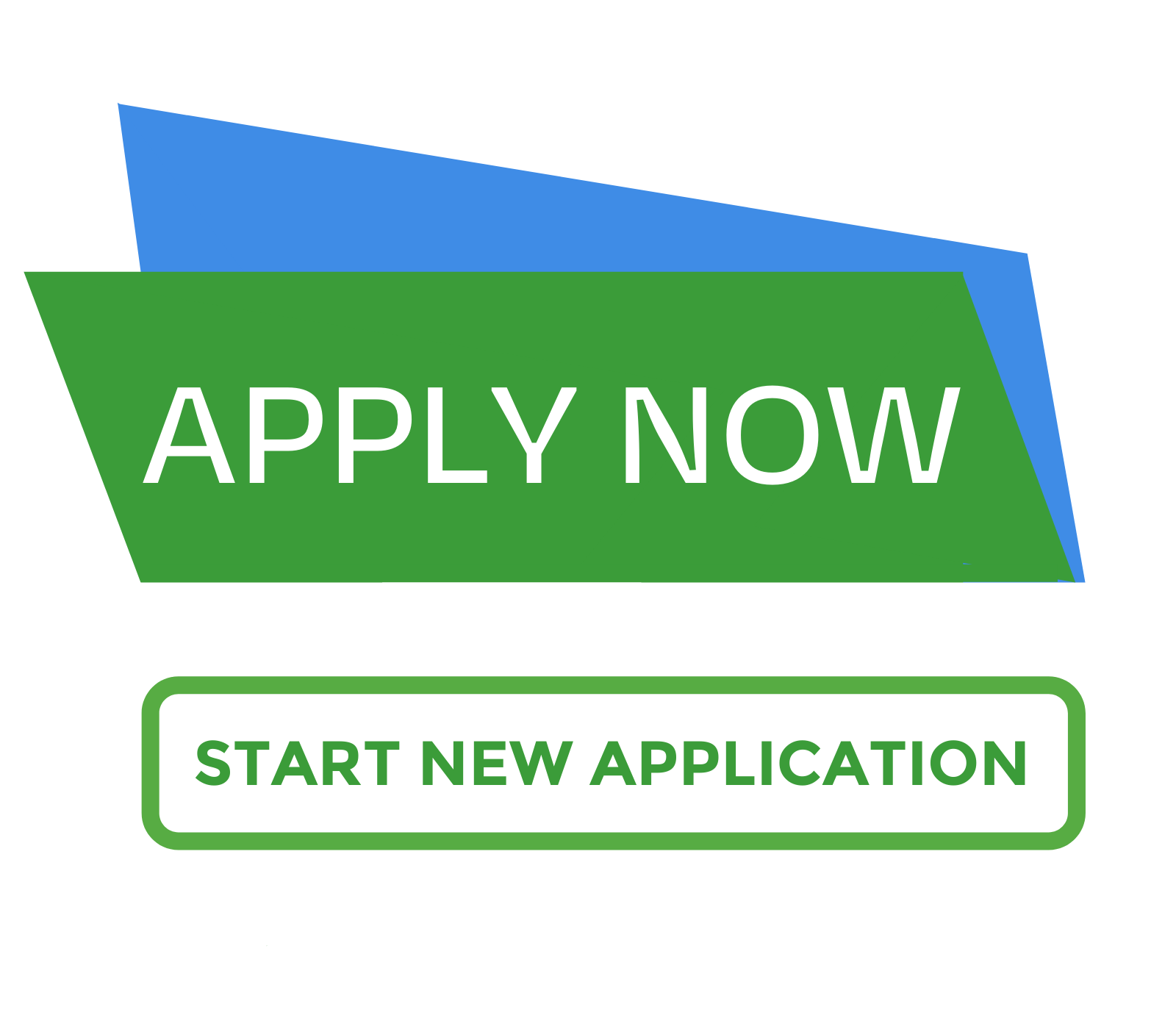
Apply now for up to $20,000 via Stream 1 Engage & Deliver Grants
Helpful resources:
It is time to submit your application. If it is helpful, we recommend you download a sample copy of the application form:
Please read the instructions on how to use the Grants Gateway How-to Guide and have your questions answered with our Grants Gateway FAQs.
Before you submit your application via the online Grants Gateway, please ensure you have:
Community Led Climate Solutions: Definitions
FRRR recognises that this space can involve language that can be interpreted in different ways. For the purposes of this grant program, FRRR adopts the definitions listed below.
If you have any further questions, please contact Danielle Griffin, Program Manager by emailing info@frrr.org.au or free call 1800 170 020.
If you have significant issues accessing a stable internet connection, please contact our team to discuss an alternative way of applying:
Ph: 1800 170 020 or Email: info@frrr.org.au
“FRRR’s grant application was clearly set out, staff were friendly and helpful when I had a few questions, and the whole process was easily achievable. We are grateful for the opportunity to receive funding to improve Adavale Lane Community Centre so it can be accessed and used for the benefit of our whole community.”
Danielle Diener, Secretary – Adavale Lane Community Centre Incorporated, SRC R9
Inspiration – Past projects
Explore some of the projects we’ve previously funded to see how other organisations have helped their community thrive.
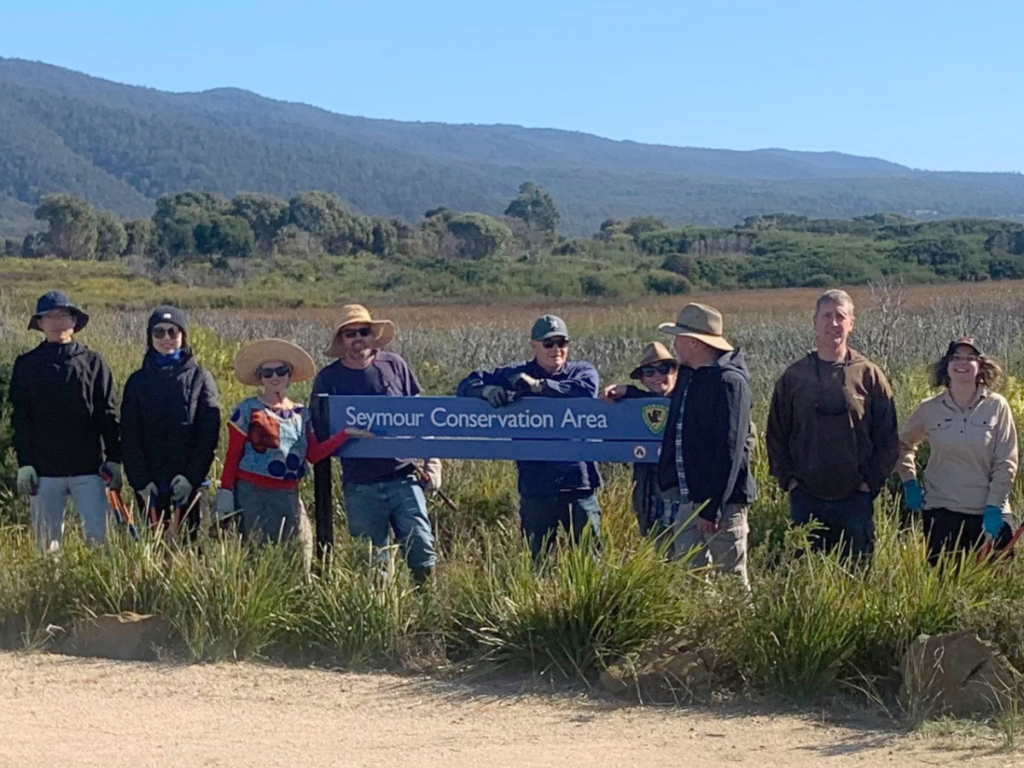
Seymour community wetland restoration & reclassification project, TAS
A $10,000 grant was awarded from FRRR (proudly supported by IKEA) to fund weed control and restoration of the Seymour Wetland Reserve (including workshops on Seed Collection, Propagation and Restoration). The work of the volunteers, together with professional support from this funding, resulted in the Reclassification of the project area in June 2022, to double the size of the Seymour Conservation Area, contributing to restoration of native species (over 650 trees have been planted by the group) and decarbonisation. The media exposure from the Reclassification attracted new members and enrolled others in the community to become more active in the Conservation area.
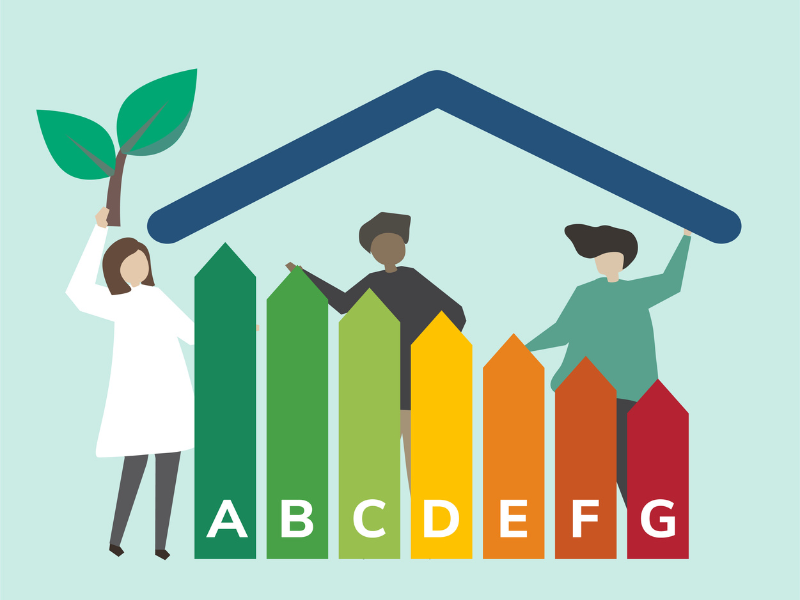
Climate solutions deliver efficiencies & social benefits in Gympie, QLD
Community Action Inc and the Gympie & District Sustainability Alliance received a $20,000 grant through FRRR’s Community Led Climate Solutions program, supported by Hand Heart Pocket, the charity of Freemasons QLD.
The project focuses on increasing energy efficiency in two buildings by installing solar panels, batteries, ceiling insulation and modern reverse cycle air conditioning. In addition to emissions reduction, the project will reduce electricity costs and enable additional spending on other social projects by CAI Inc.
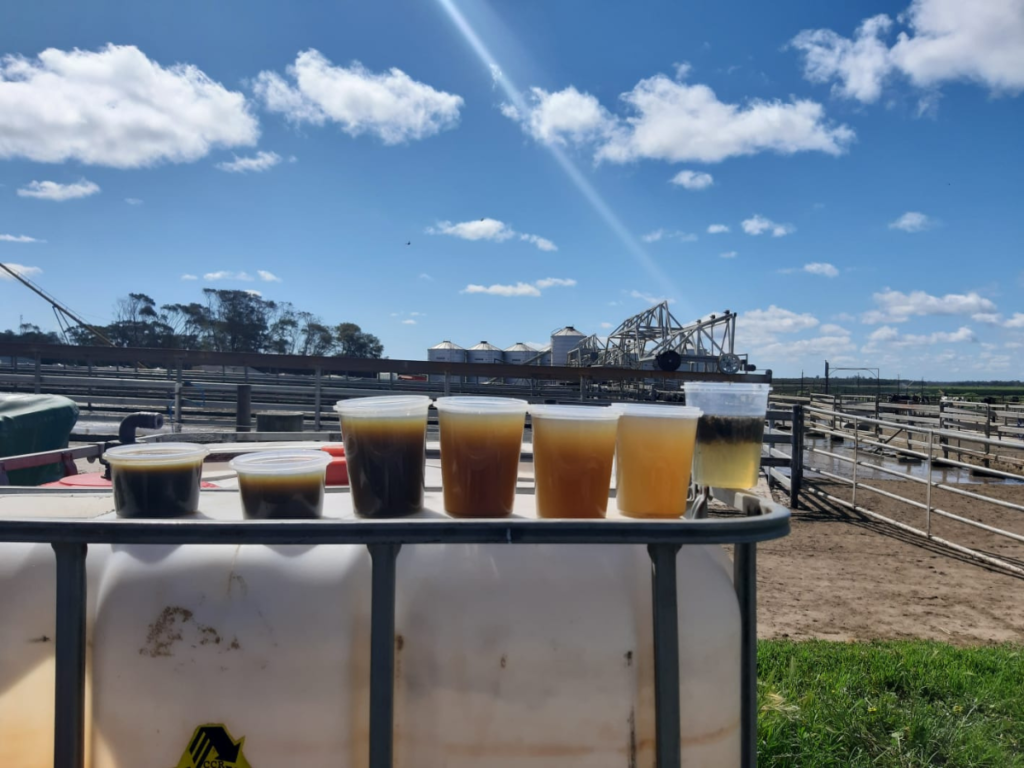
Augusta Margaret River Clean Community Energy Incorporated, WA
The Dairy Waste Energy Study project was part of Shire of Augusta-Margaret River’s ambitious plan to operate at net zero carbon emissions by 2030. AMRCCE wanted to investigate creating biogas from dairy manure waste, while also diverting effluent from nearby water sources. The project utilised an FRRR grant to partially fund the study, which assessed the Butane Methane Potential contained in dairy waste from a large dairy farm in the Scott River area in the Augusta Margaret River local government area. It was an important precursor to the planning and development of what could be an aggregated biogas and renewable power grid connected facility, and was involved in a PhD study and associated scientific paper.

